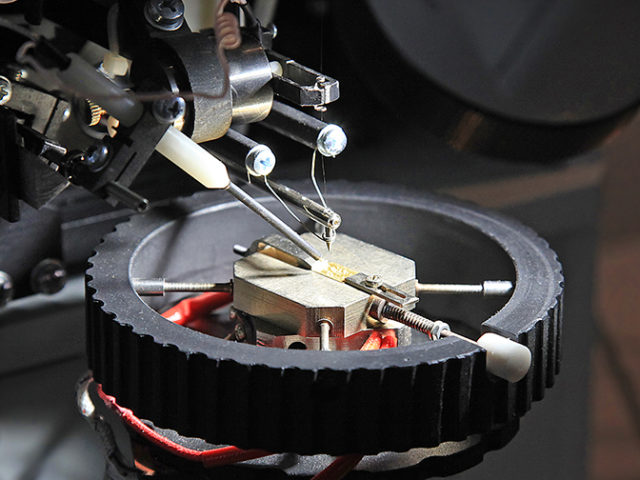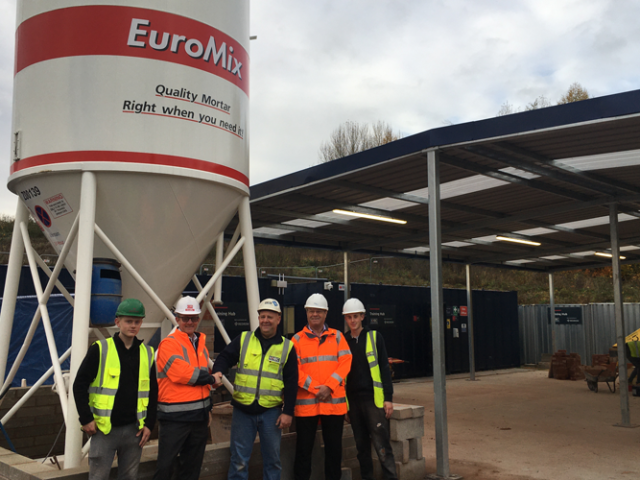The University of Birmingham has launched the UK’s inaugural high-flux neutron test facility, marking a significant advancement in research capabilities.
The facility has been granted final acceptance for the utilisation of Neutron Therapeutics’ accelerator, making the High Flux Accelerator-Driven Neutron Facility operational. This facility is set to facilitate research in diverse fields, including nuclear energy, nuclear science, and boron neutron capture therapy (BNCT).
Dr. Noah Smick, President, and Chief Operating Officer of Neutron Therapeutics, expressed his enthusiasm: “The University of Birmingham’s neutron facility brings together a wide community of researchers in fields ranging from fundamental nuclear physics to nuclear materials to radiation oncology, and we are honoured to be part of this initiative.”
This facility represents a critical development for the UK’s experimental facilities portfolio, particularly in supporting the burgeoning nuclear energy sector, which encompasses small-modular, advanced-modular, and fusion reactors.
Professor Martin Freer, Director of the Birmingham Energy Institute (BEI), commented: “This is a terrific milestone for the development of the UK’s portfolio of experimental facilities to support the rapidly developing nuclear energy sector with new developments associated with small-modular, advanced-modular, and fusion reactors. The High Flux Accelerator-Driven Neutron Facility is a transformational research platform which will allow a series of fundamental research questions to be addressed.”
Funded by the Engineering and Physical Sciences Research Council (EPSRC) and part of the UK’s National Nuclear User Facility (NNUF) programme, the facility has some impressive capabilities. These include a nominal proton current of 30mA, a proton energy of 2.6MeV, and a typical neutron yield of 3×10^13 primary neutrons per second.
In addition to its applications in nuclear energy and science, the facility will also support pre-clinical research in boron neutron capture therapy. BNCT is an emerging precision medicine approach for cancer treatment, aiming to destroy cancer cells while minimising damage to surrounding healthy tissues.
Professor Stuart Green, Director of Medical Physics at University Hospital Birmingham, shared his insights: “The compact accelerator at the University of Birmingham’s neutron facility provides an excellent environment for researchers conducting pre-clinical research in boron neutron capture therapy. This reemerging modality for treating cancer is showing potential to transform how the medical community approaches difficult-to-treat cancers, such as glioblastomas and head and neck cancers, and we look forward to supporting necessary and important research in BNCT at this facility.”
The establishment of this high-flux neutron test facility at the University of Birmingham is a significant step forward in the UK’s research infrastructure, promising to advance knowledge and application in several critical areas of science and medicine.




